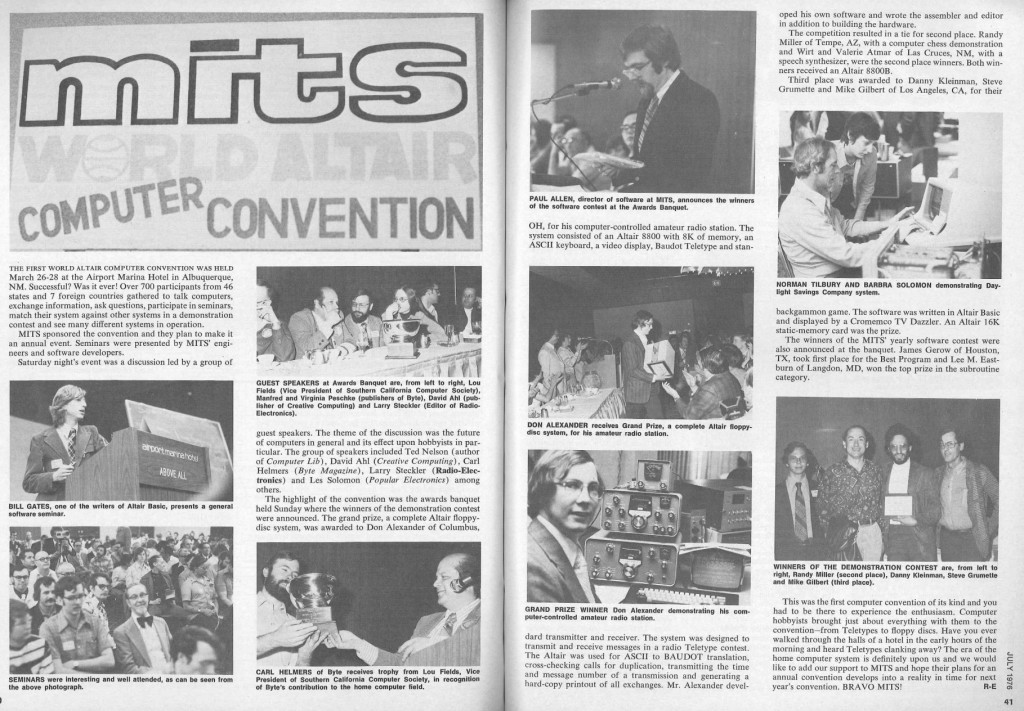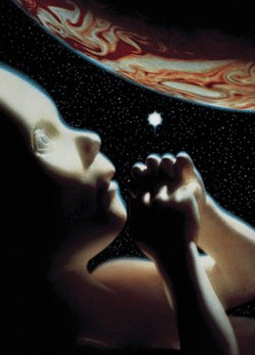Mark S. Smith’s The Early History of God is a remarkable piece of scholarship. I was recently asked what I read for fun and had to admit that I have been on a trajectory towards reading books that have, on average, more footnotes than text. J.P. Mallory’s In Search of the Indo-Europeans kindly moves the notes to the end of the volume. Smith’s Chapter 5, Yahwistic Cult Practices, and particularly Section 3, The mlk sacrifice, are illuminating on the widespread belief that killing children could propitiate the gods. This practice was likely widespread among the Western Semitic peoples, including the Israelites and Canaanites (Smith’s preference for Western Semitic is to lump the two together ca. 1200 BC because they appear to have been culturally the same, possibly made distinct after the compilation of OT following the Exile).
I recently argued with some young street preachers about violence and horror in Yahweh’s name and by His command while waiting outside a rock shop in Old Sacramento. Human sacrifice came up, too, with the apologetics being that, despite the fact that everyone was bad back then, the Chosen People did not perform human sacrifice and therefore they were marginally better than the other people around them. They passed quickly on the topic of slavery, which was wise for rhetorical purposes, because slavery was widespread and acceptable. I didn’t remember the particulars of the examples of human sacrifice in OT, but recalled them broadly to which they responded that there were translation and interpretation errors with “burnt offering” and “fire offerings of first borns” that, of course, immediately contradicted their assertion of acceptance and perfection of the scriptures.
More interesting, though, is the question of why might human sacrifice be so pervasive, whether among Yahwists and Carthiginians or Aztecs?… Read the rest








